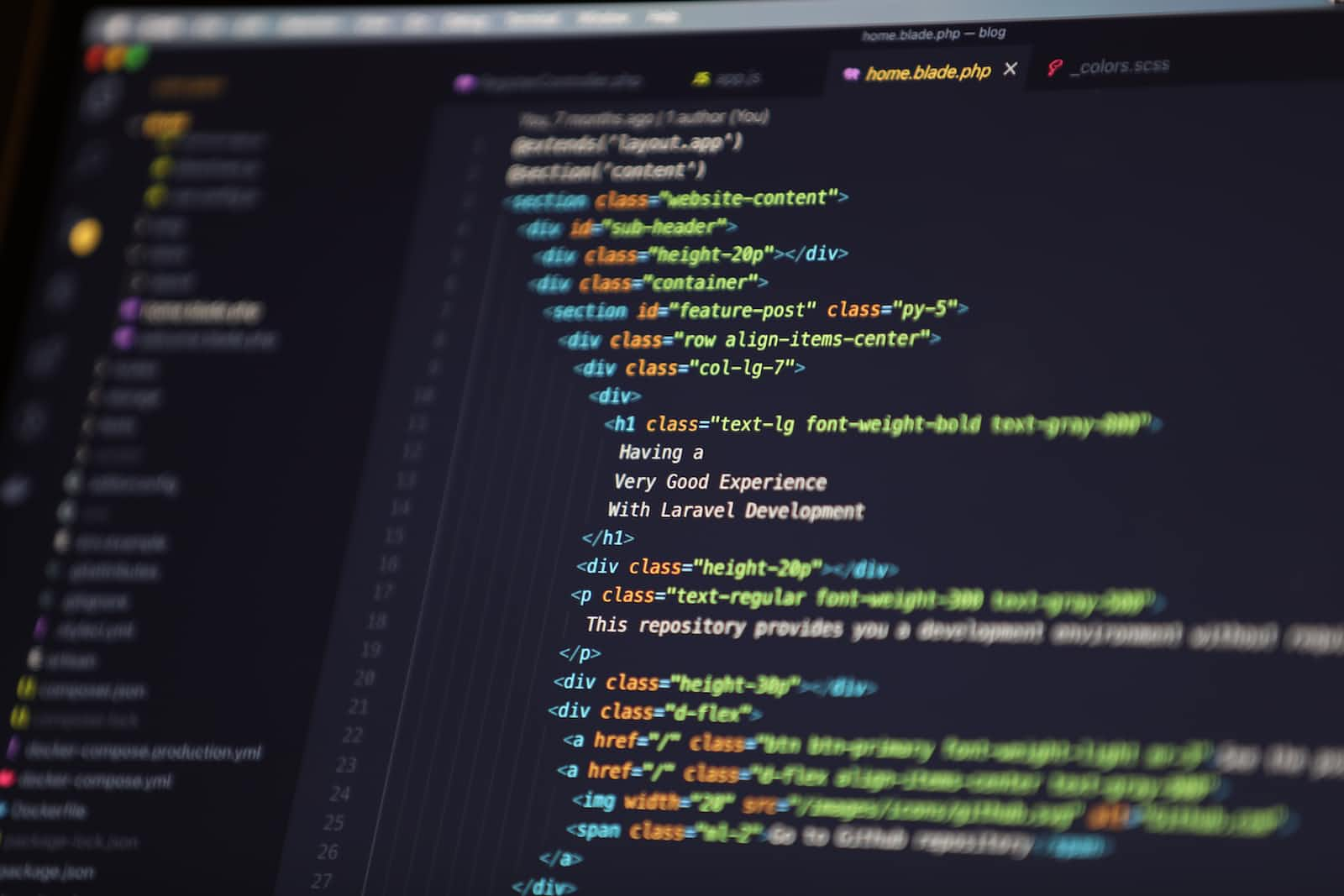Django vs Laravel: Guides to Choosing the right framework.
 Olumide Adeola
Olumide Adeola
Introduction
Choosing the right web framework is a critical decision for developers, and two options that often stand out are Django (Python) and Laravel (PHP). I will delve into the distinctive features of both frameworks, helping you make an informed decision based on your project requirements.
Language and Ecosystem
Django is based on Python, known for its readability and simplicity. Laravel, on the other hand, utilizes PHP, a versatile language with widespread use in web development. Architecture and Philosophy
Architecture and Philosophy
Django follows the Model-View-Controller (MVC) architectural pattern, emphasizing convention over configuration.
Convention over Configuration
Laravel, inspired by the Model-View-Controller (MVC) and Model-View-ViewModel (MVVM) patterns, places a strong emphasis on expressive code and elegant syntax. Laravel's "Artisan" command-line tool enhances developer productivity.
ORM and Database Support
Django incorporates a robust Object-Relational Mapping (ORM) system, providing a high-level abstraction for database interactions. Laravel, with its Eloquent ORM, offers a fluent syntax for working with databases. Both frameworks support multiple databases, but Django is renowned for its built-in admin panel and powerful query capabilities.
High level abstraction for database interactions
Templating Engine
Django utilizes its templating engine (Django Template), allowing developers to create dynamic web pages easily. Laravel uses Blade, a templating engine that encourages the separation of business logic from presentation. Blade templates are concise, yet powerful, providing a seamless integration between PHP and HTML.
A templating engine
Built-in Features
Django comes with a built-in admin interface, authentication system, and powerful middleware support. Laravel boasts features like Eloquent ORM, Blade templating, and a powerful routing system out of the box. Both frameworks aim to minimize boilerplate code (section of codes that are repeated in multiple places with little or no alteration), allowing developers to focus on building features rather than routine tasks.
Community and Ecosystem
Django has a vibrant and supportive community with an extensive ecosystem of reusable packages (Django apps). Laravel, with its expressive syntax and modern tooling, has gained popularity rapidly, fostering a community that actively contributes to its ecosystem (Laravel packages).
Learning Curve
Django's learning curve is considered steeper for beginners due to its explicit nature and emphasis on best practices. Laravel, with its elegant syntax and comprehensive documentation, is often praised for its ease of learning, making it an attractive option for developers new to web development.
Performance
Both frameworks offer solid performance, and the choice between them should be based on the specific requirements of your project. Django's use of Python and Laravel's use of PHP are both optimized for web development, and performance differences are often negligible.
Choosing between Django and Laravel.
Reasons to Choose Django
Python Preference
If you or your team are more comfortable with Python, Django provides a strong framework that is based on Python language.
Built-in Features
For projects that want to benefit from a wide range of built-in features like an admin interface, authentication, a powerful ORM (Object Relational Manager), Django is a good choice.
Large-scale Applications
When building large-scale applications with complex requirements. Django's structures and scalability can prove advantageous.
Data-driven Websites
Django excels in projects where data manipulation and content management are central, making it suitable for data-driven websites.
Reasons to Choose Laravel.
PHP Preference
If you prefer PHP as your programming language or have a team skilled in PHP, Laravel provides an elegant and expressive PHP framework.
Rapid Development
For projects that require rapid development, Laravel's concise syntax and built-in-tools like Artisan can accelerate the development process.
Startups and MVPS
When building startups or minimum viable products (MVPs), Laravel's simplicity and developer friendly features make it an excellent choice of framework.
Modern Web Applications
Laravel is well-suited for modern web applications, leveraging features lie Eloquent ORM and Blade templating for efficient development.
Conclusion
The choice between Python and PHP eventually often comes down to personal preference and the specific needs of your project.
With these guidelines in place, whichever framework you choose, both Django and Laravel empower developers to build scalable and feature-rich web applications. Consider your project needs, explore the strengths of each framework, and make an informed decision that aligns with your development goals.
Feel free to comment, ask questions, and also follow me on the various social media handles below.
Subscribe to my newsletter
Read articles from Olumide Adeola directly inside your inbox. Subscribe to the newsletter, and don't miss out.
Written by

Olumide Adeola
Olumide Adeola
Classical | Health | Academics | Services et Solutions | Finance | Agriculture | Technology This is what my passion revolves round....